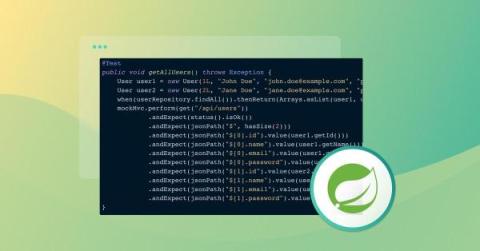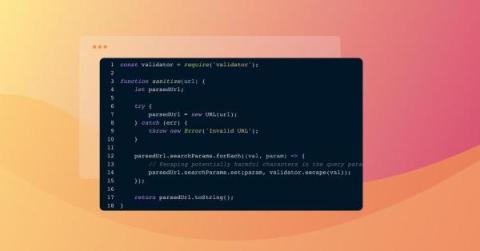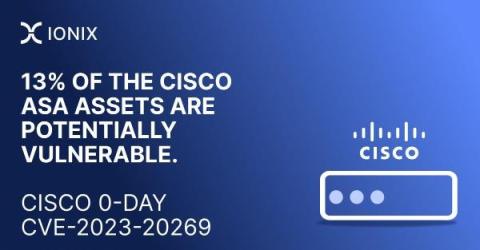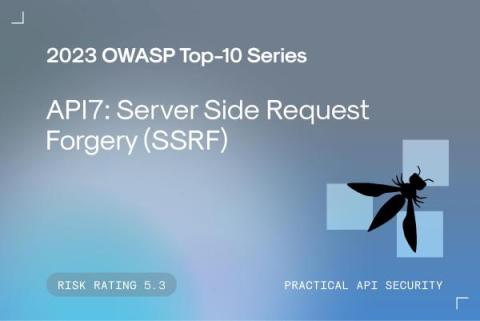The most common vulnerabilities in your external attack surface
Imagine your organization’s digital fortress – now picture a thousand hidden doors, each a potential entry point for cyber threats. In the world of cybersecurity, these doors are known as ‘external attack surface vulnerabilities’ and understanding them is the first step to locking them down. External attack surface vulnerabilities are the weak points of a company’s network that can potentially be exploited by malicious actors.











